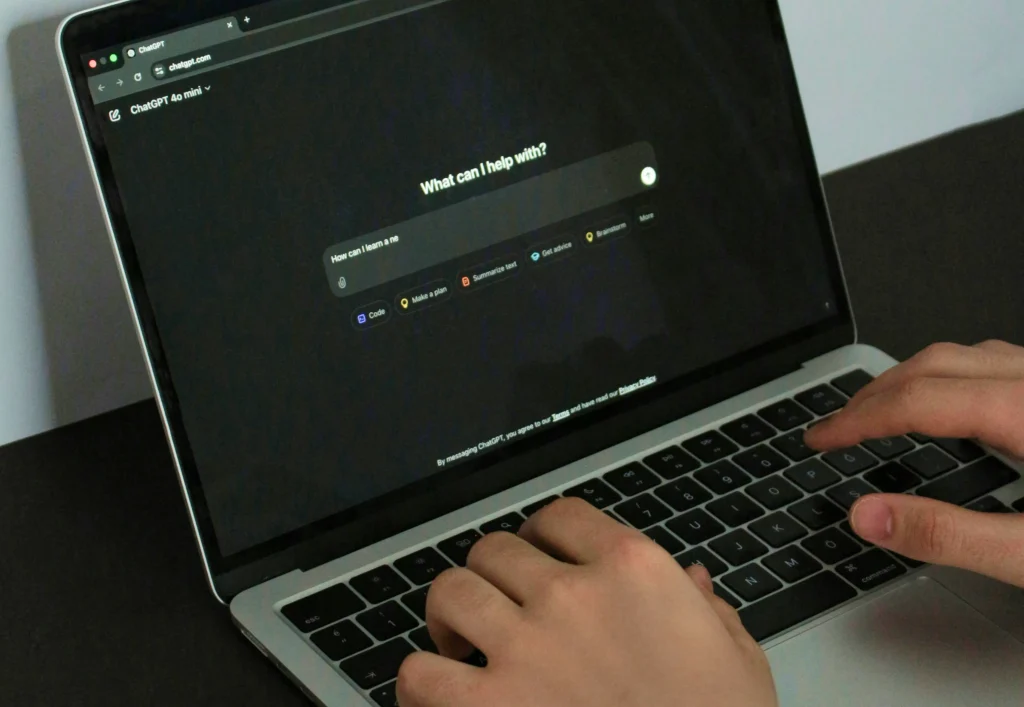How to support autistic employees at work
Autistic employees can be great assets to your team that will help your company thrive and reach new heights. But depending on the person, you might have to take a few simple actions or make small changes to help them settle into their new workplace better.
Table of contents
Luckily, such workplace accommodations for autistic employees don’t have to be expensive nor difficult to implement. It just comes down to being mindful and considerate of your (new) employee’s needs and preferences to ensure they are given the opportunity to perform at their best.
By implementing such changes, you are actively working towards a more diverse, equitable, and inclusive workplace for all.
For more information on the benefits of hiring autistic employees, as well as a more detailed definition of autism and its terminology, please see our dedicated article:
Below, we walk you through some steps you can take to ensure your team member is properly supported at work. A support that already starts way before the employee is actually joining your team. Because if your hiring program isn’t structured in the right way, you’ll struggle to attract autistic talent in the first place.
So, whether you are planning to hire an autistic employee or you want to better support an existing employee with autism, find out how to support autistic employees in the workplace below.
- Aspects and difficulties that autistic people may experience
- How to create an inclusive workplace for autistic professionals
Aspects and difficulties that autistic people may experience
Autism being a spectrum, the different skills, strengths, weaknesses, and struggles of autistic people can be wildly different from one another.
So before we dive into the ways in which you can create an inclusive workplace for autistic employees, let’s quickly look at some common aspects and difficulties that autistic people may experience.
These aspects include the following, but bear in mind this is by no means an exhaustive or complete list:
- Over or under sensitivity to certain sensory information such as light, sound, touch, taste, or smell
- Difficulty concentrating, listening, or understanding others
- Delayed (and sometimes the full absence of) speech
- Difficulty interpreting other people’s feelings and expressing their own feelings
- Not able to detect sarcasm and taking things too literally
- Repetitive behaviour and opposed to changing routines
- Uncomfortable with making eye contact
- Anxiety and meltdowns, especially in instances of sensory overload
How to create an inclusive workplace for autistic professionals
So, how do you actually go about creating an inclusive, safe, and productive workplace for autistic employees to thrive?
It all starts with revising and updating your diversity recruitment strategy and hiring process. Many steps in the process are more difficult for autistic professionals than non-autistic professionals. Try to identify what these steps are and adjust your processes accordingly to ensure inclusivity.
Your job description
First, consider the way you write your job description. Sloppy typos, confusing layout and structure, and vague job requirements can easily defer an autistic candidate from applying.
But also more subtle forms of ableist or non-inclusive language (“all our team members absolutely love our quarterly parties and weekly Friday drinks!”) can make someone feel excluded before they even apply.
Instead, try to write a great job ad that can appeal to neurodivergent candidates as well. For example, consider adding a sentence or two about how you actively encourage autistic candidates to apply for the position. It’s also worth clearly stating the hiring and interview process already in your job ad, so candidates know exactly what to expect.
The application process
Generally speaking, people with autism value clarity and structure. If your application process is confusing and illogical, you risk putting off autistic candidates.
Only ask for the necessary information and make the process as streamlined as possible. Every unnecessary step in the process creates a potential drop-off point for your potential new talent.
The interview process
This is an important step. As mentioned above, people with autism often struggle with time management as well as the lack of structure. But both of these tend to be crucial criteria in the interview process.
To accommodate your interview process for autistic candidates, consider more flexibility in interview planning and scheduling. During the interview, don’t judge your candidate on traits that you might normally judge candidates on. For example, don’t disqualify a candidate due to:
- Lack of eye contact during the interview
- Difficulty in articulating answers to tough questions on the spot
- Easy distraction due to seemingly small sounds or movements
- Struggle to engage in casual conversation and small talk
Also, ensure you start the interview with a clear outline of how the interview will be structured and conclude it by clearly outlining the next steps and timelines.
Lastly, be mindful of the location where you’re holding the interview. For example, a busy, crowded coffee shop might be a great informal interview for some, but probably not for autistic employees.
The onboarding process
Congratulations on your new hire!
Now you might have a great onboarding process in place for new employees, filled with lots of workshops, team lunches, and other exciting activities. However, what sounds exciting to some might not sound exciting and fun to others.
Instead, see if you can adjust your onboarding process to be more tailored to the personality type and needs of your new employee.
The workplace
Once you’ve made a successful hire and the onboarding is on its way, it’s time to reconsider further the physical environment where the new autistic employee will be working.
Place them in the aisle seat in the main room next to the Sales team who are always calling with clients, and you’re risking causing a sensory overload for your new employee.
Judging them for wearing headphones all the time won’t help either. Instead, consider how such behaviour, by some seen as antisocial, actually helps them maintain focus and protect themselves from too many external stimuli.
And just because someone provides their honest, unfiltered opinion, it doesn’t mean they’re being rude or disrespectful. Instead, applaud them for giving open and honest feedback!
Further tailor the job to your autistic talent
Go through the tasks, responsibilities, and workflows of your new top talent and see how you can further accommodate them in their needs.
Perhaps flexible hours work better for them, or offering hybrid or remote work options. The key here is to talk (and listen) to your new employee to figure out what you as an employer can do to make them feel comfortable and, ultimately, maximise their potential.
Educate the rest of your team on neurodiversity
Lastly, remember that you want your new employee to be part of your company and your team. To help them integrate better, it might be worthwhile to better educate your existing employees on neurodiversity, autism, and how different humans experience the world differently.
Furthermore, it’s important to build a company culture that is inclusive and open to everyone, regardless of their background, physical appearance, personality, or any other characteristic that makes up the complex unique human that they are.
Do you want to learn more about creating an inclusive and supportive workplace that invites everyone in equally? Then check out all our articles on diversity, equity, and inclusion!
Frans Lelivelt
Frans is JOIN's multilingual Senior Content Manager. His main topic of interest in the recruitment space is DEI and how companies can reduce their (unconscious) biases to make the world of work a fairer, kinder place for everyone. Outside of work, he tries to do the same for animals, spending much of his spare time in the kitchen preparing plant-based feasts.


